What VCs Really Want Beyond an AI Demo
In today's fast-paced startup ecosystem, the difference between a successful venture and one that fizzles out often lies in the execution of a great idea. Rebecca Lynn, Co-Founder and Managing Partner of Canvas Ventures, shares her insights on what venture capitalists (VCs) look for in startups beyond just a flashy demo. Drawing from her extensive experience in investing in fintech, digital health, and AI, Lynn provides invaluable advice for entrepreneurs aiming to attract investment and scale their businesses effectively.
The Transition from Demo to Reality
Creating a stunning demo is relatively easy, but transitioning that demo into a fully functional product that can scale is a different beast altogether. Lynn emphasizes that many companies, despite having impressive backers, have failed to make this leap. The key question VCs ask these companies is simple: “Come back to us when you have a customer that’s live.” This highlights the importance of real-world application over theoretical presentations.
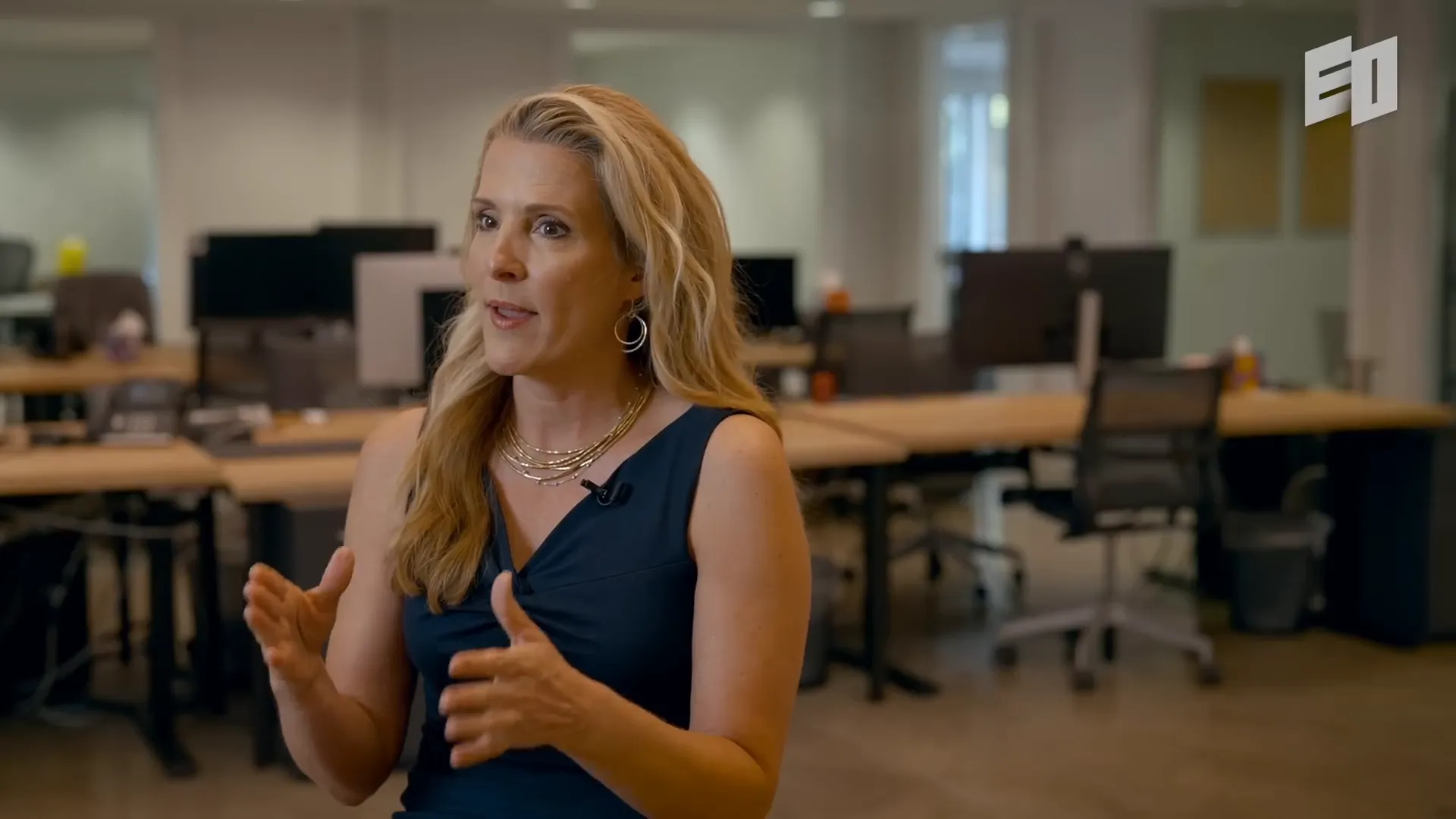
The Value of Being a Second Mover
Lynn strongly believes that being a second mover can often be more advantageous than being the first. The first mover advantage is often a fallacy, as it requires significant resources and time to validate a brand-new market. For instance, she points out her investment in Lending Club, which was not the first to market but ultimately became the largest tech IPO in the U.S. in 2014. This success was achieved because Lending Club learned from its competitors and entered the market with a refined approach.
“The best position for a startup is to let another company prove there’s a market and then come in with a better product and less technical debt,” Lynn advises. She challenges anyone to list more than a handful of companies that were truly first movers and still succeeded at scale.
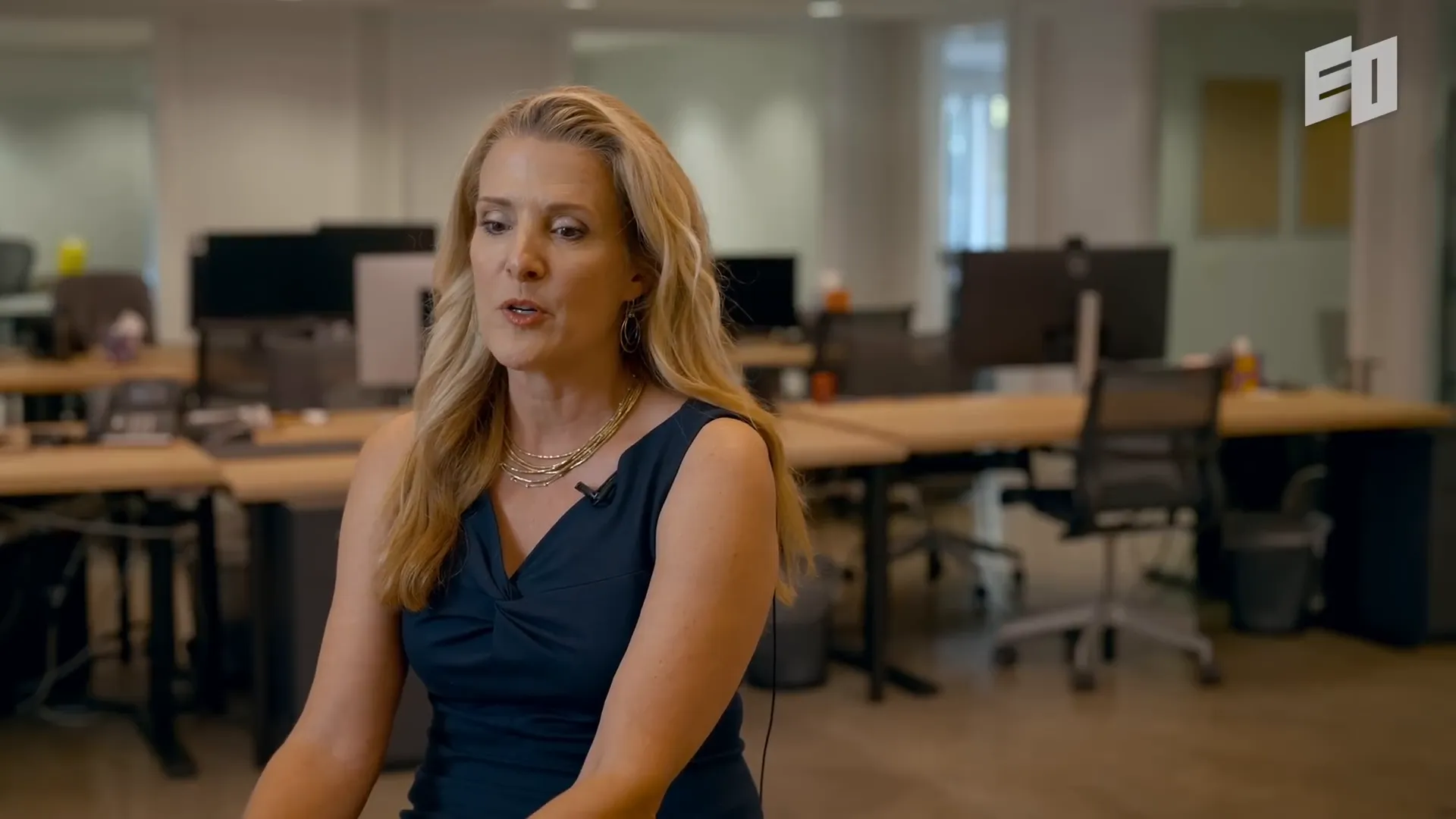
Salesmanship: The Core of Leadership
One of the most critical traits of a successful CEO, according to Lynn, is salesmanship. A CEO's role revolves around selling—not just to customers, but also to employees and investors. A standout example is Jeff Tagney of Doximity, who established a customer advisory committee early on. This committee helped shape the product based on real user feedback, which is a crucial aspect of a CEO’s job.
When evaluating a CEO, Lynn looks for their ability to convey their vision passionately and authentically. “You want a CEO who can sell you on their vision because of their excitement and how they’ve interacted with consumers,” she shares. Transparency is also vital; VCs appreciate when CEOs openly discuss their annual recurring revenue (ARR) and the status of their forecasts.
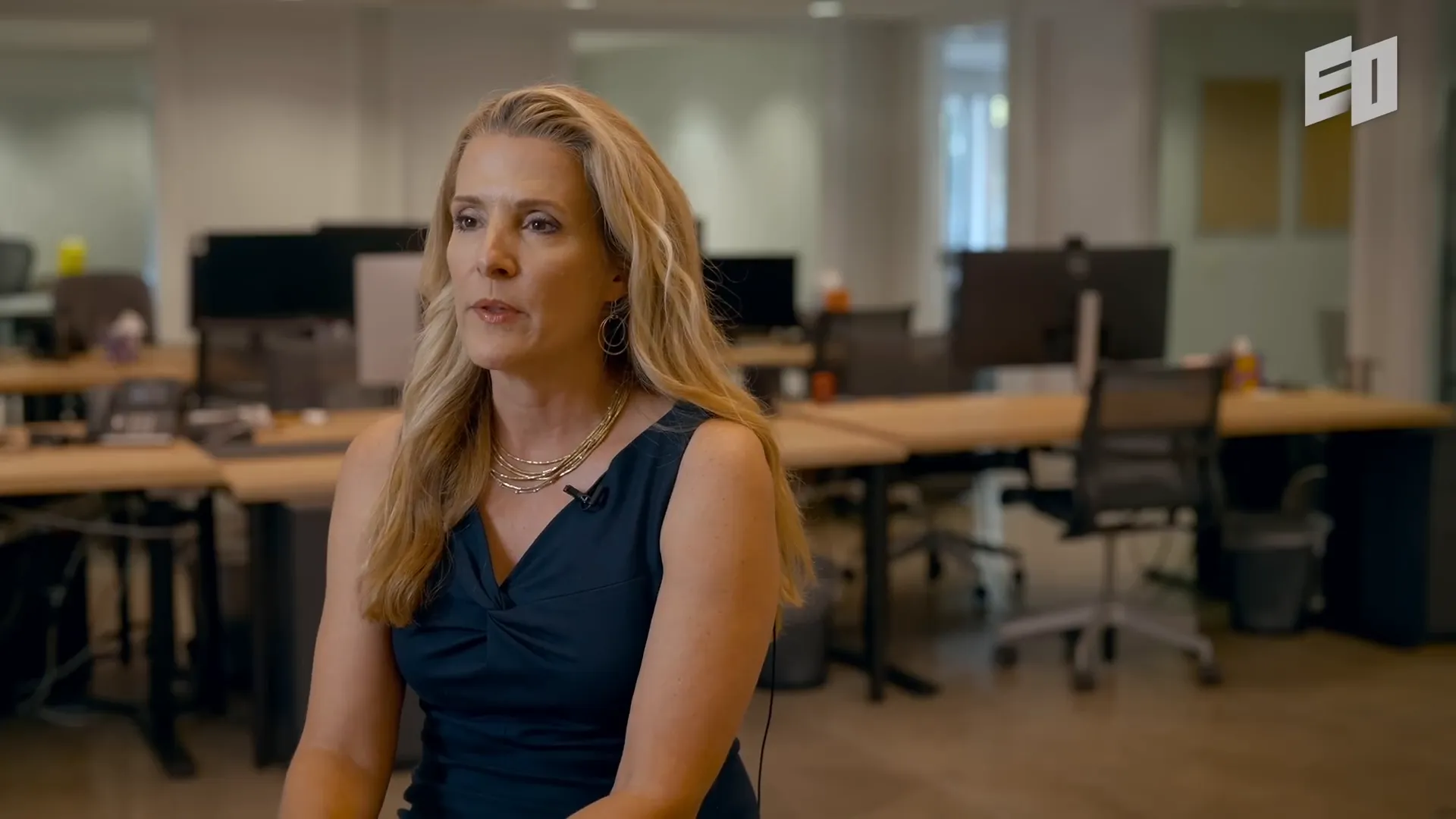
Avoiding Common Pitfalls in Scaling
Many startups fall into the trap of prematurely believing they have achieved product-market fit. This often leads them to hire expensive salespeople too soon, resulting in wasted resources. Lynn recounts a case with CaseText, where they hired a seasoned sales executive before confirming their product-market fit, only to later realize they weren’t getting the traction they hoped for.
Her advice? “Wait to hire until you’re absolutely certain about your product-market fit. Maybe start with a director-level salesperson or a chief of staff who can assist in sales efforts without breaking the bank.” This approach allows startups to scale gradually and make informed hiring decisions.
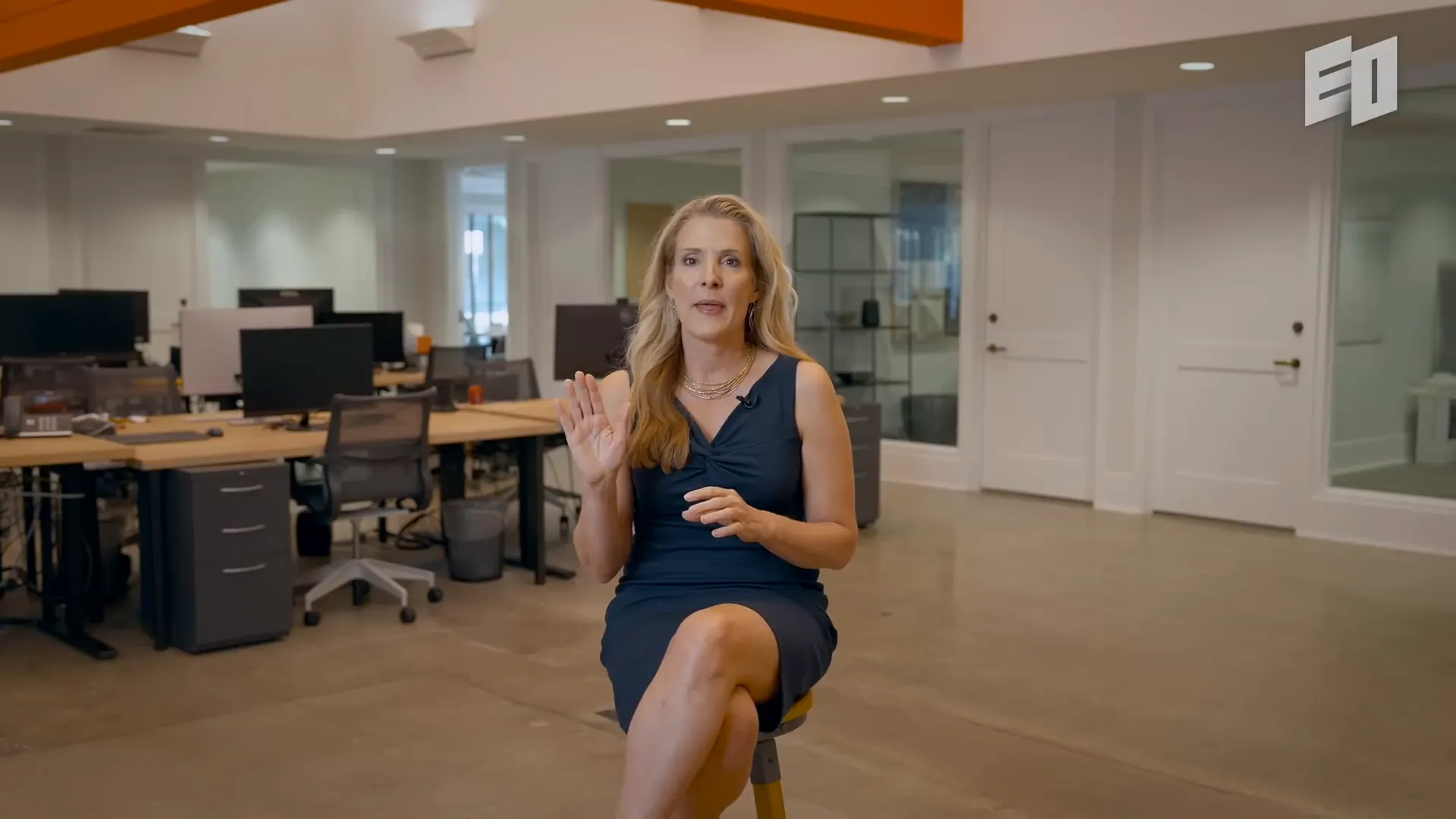
Learning from Failures
Failing to achieve product-market fit is a common experience for many startups. Lynn emphasizes the importance of learning from these challenges. For instance, when a company realizes that a high-profile hire isn’t working out, it’s essential to make tough decisions quickly and pivot if necessary. She shares how helping founders navigate these difficult decisions can lead to more successful outcomes.
“Sometimes, a founder has instincts and data that I don't. My role is to help them see the bigger picture and connect them with people who can provide additional insights,” she explains. This mentorship approach fosters a collaborative environment where founders can feel supported in their decision-making processes.
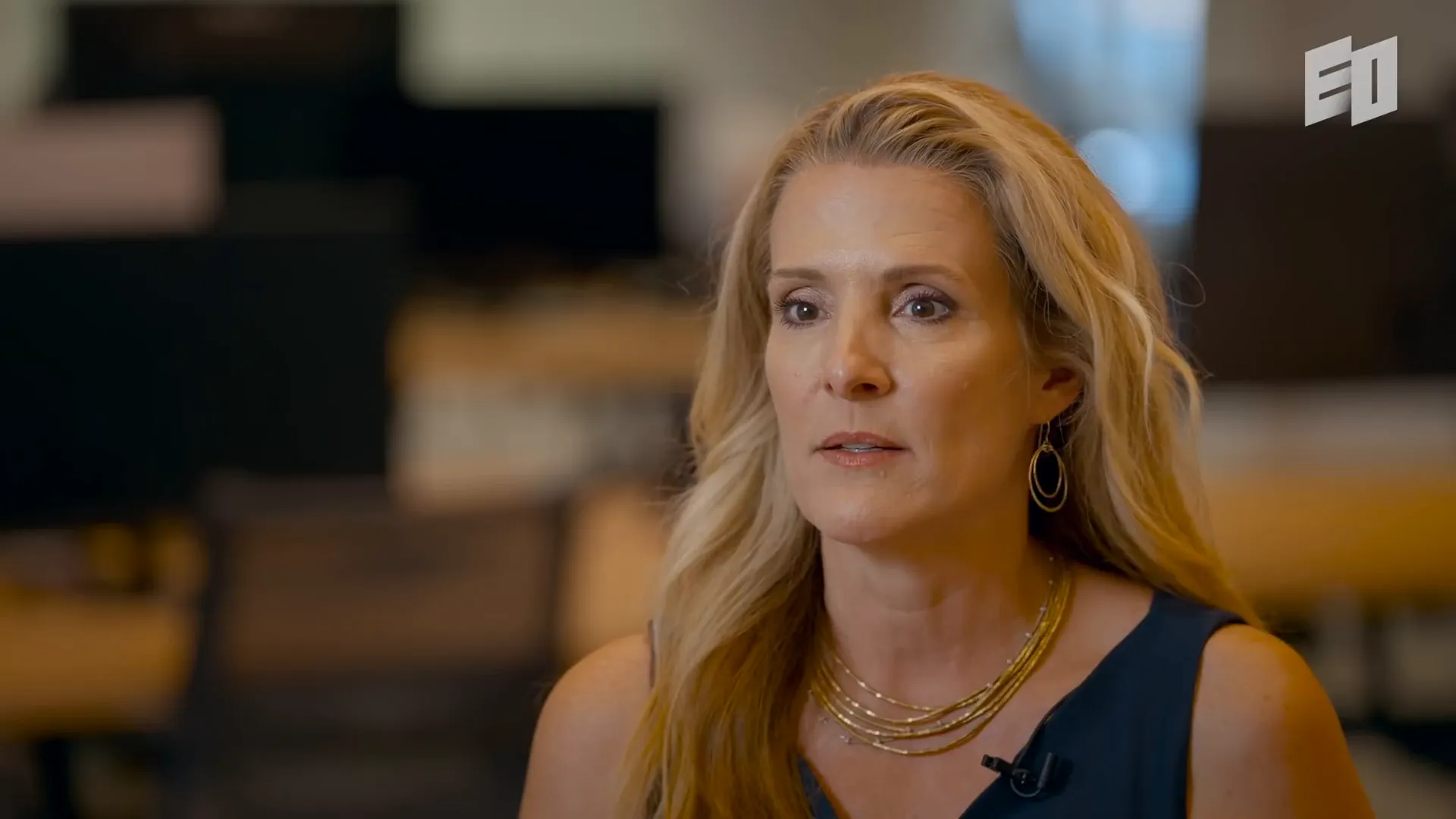
Encouraging Confidence in Founders
Confidence is a recurring theme in Lynn's advice to entrepreneurs. She believes that no one will believe in you more than you believe in yourself. Drawing from her personal journey, she recalls a pivotal moment in business school where a friend taught her the importance of self-advocacy. “Why would anyone invest in you if you don’t believe you’re the best person for the job?” Lynn asks, underscoring the need for self-belief in the competitive world of startups.
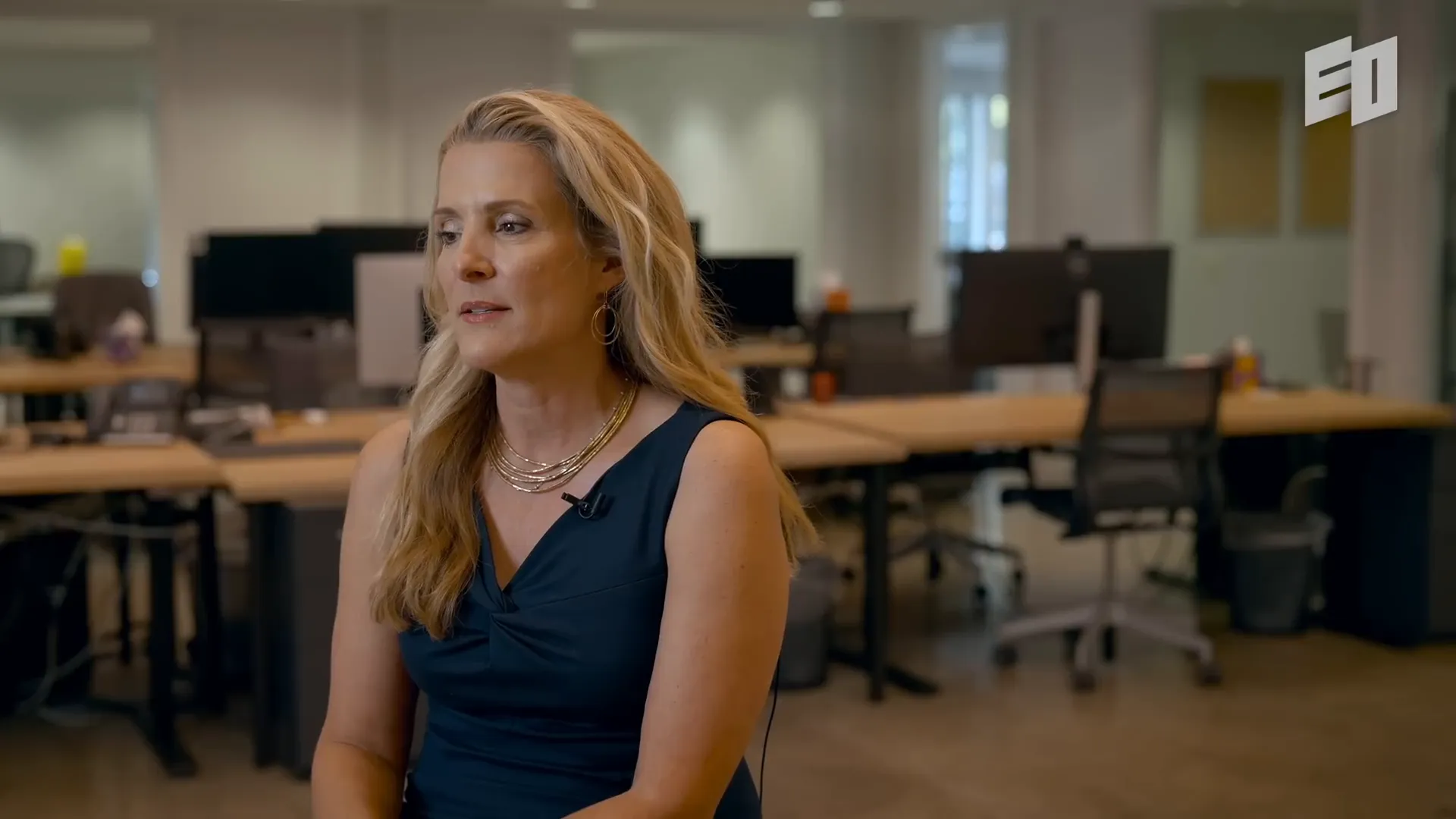
Conclusion: The Path to Success
In conclusion, Rebecca Lynn offers a wealth of knowledge for founders aiming to secure venture capital. From understanding the nuances of transitioning from demo to production, to recognizing the value of second-mover advantages and the critical role of salesmanship, her insights are invaluable. Startups must learn to navigate the complexities of scaling, avoid common pitfalls, and cultivate self-confidence to attract investment and drive growth.
For those looking to dive deeper into the world of venture capital and startup success, consider exploring resources like AIMasher: The Ultimate AI-Powered Creator for advanced AI publishing and marketing insights. Understanding the landscape and continuously learning from both successes and failures will pave the way for future entrepreneurs to thrive in a competitive environment.